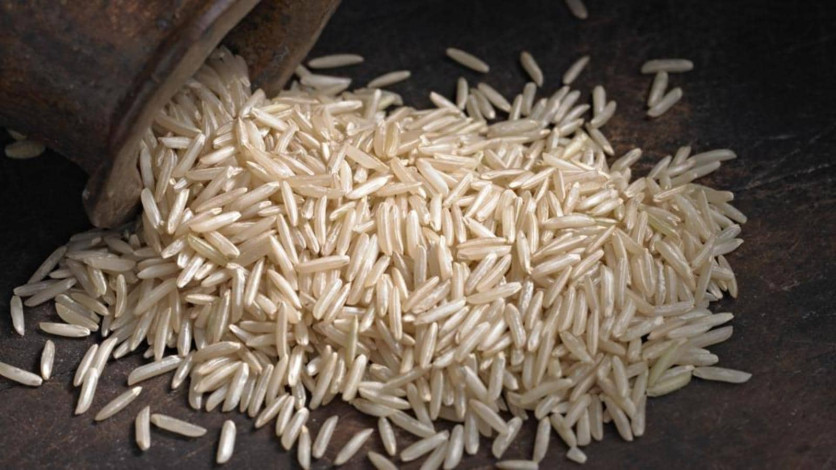
File Photo
After the three-month harvesting season ended in November, there has been an increase in the arrival of basmati (fragrant fine quality rice), popularly known as 'Mondis', in Punjab's agricultural markets. The market has grown by 56 percent (22.12 lakh tonnes) till January 24 compared to last season. Moreover, farmers are getting around Rs 4,400 to 4,745 for a quintal of basmati this year, which is much higher. Last year they got between Rs 3,000 and Rs 4,000 per quintal.
Last financial year, 14.17 lakh tonnes of basmati arrived in the ‘mandis’ which was 7.95 lakh tonnes less than the total arrival this year. Over a half-a-dozen districts have procured more than 1 lakh tonnes to 5 lakh tonnes of basmati this financial year.
According to the Punjab Mandi Board, Amritsar district tops the list where around 5.55 lakh tonnes of basmati rice has been procured followed by Fazilka where 4.12 lakh tonnes arrived in the ‘mandis’. Apart from this, Patiala recorded 1.98 lakh tonnes, Sir Muktsar Sahib 86 lakh tonnes, Tarn Taran 1.75 lakh tonnes, Sangrur 1.69 lakh tonnes, Faridkot 1.22 lakh tonnes and Gurdaspur around 1.22 lakh tonnes.
Firozpur’s basmati arrival was recorded as 88, 174 tonnes, followed by Mansa (61, 843 tonnes), Kapurthala (42,092 tonnes), Ludhiana (35, 323 tonnes), Moga (19,083 tonnes), Bathinda (16, 178 tonnes), Jalandhar (7,062 tonnes), Nawanshahr (3,888 tonnes), and Mohali (1, 275 tonnes).
Minor quantities of basmati also arrived from Hoshiarpur, Pathankot, and Fatehgarh Sahib where 343, 153, and 115 tonnes of basmati were recorded, respectively. According to the Punjab Mandi Board, almost all the arrivals have been purchased by private players who are offering quite a high price for the crop this year.
Like paddy crops, basmati is not procured by the government and mostly big exporters and traders purchase it. The rate is highly dependent on the demand of the private players. There is a big demand for Punjab basmati rice in foreign countries, particularly in West Asia.
Ten varieties of basmati, including six recommended by Punjab Agriculture University (PAU), Ludhiana, are grown in Punjab. The recommended variety of PUSA-1121 is cultivated in 43% of the total area this season, followed by Punjab Basmati 1718 and PUSA Basmati 1509.
The crop was cultivated in around 4.50 lakh hectares of the area in Punjab this year. If the basmati area can be expanded to 10 lakh hectares it will help the state achieve its long-desired objective of diversification and save a huge amount of groundwater being consumed by water-guzzling paddy crop (non-Basmati Parimal rice) every year even though Punjab should not grow paddy on more than 14-15 lakh hectares. Currently, the area of paddy farming has almost doubled the required limit.
Source:
Online/GFMM
Comment Now